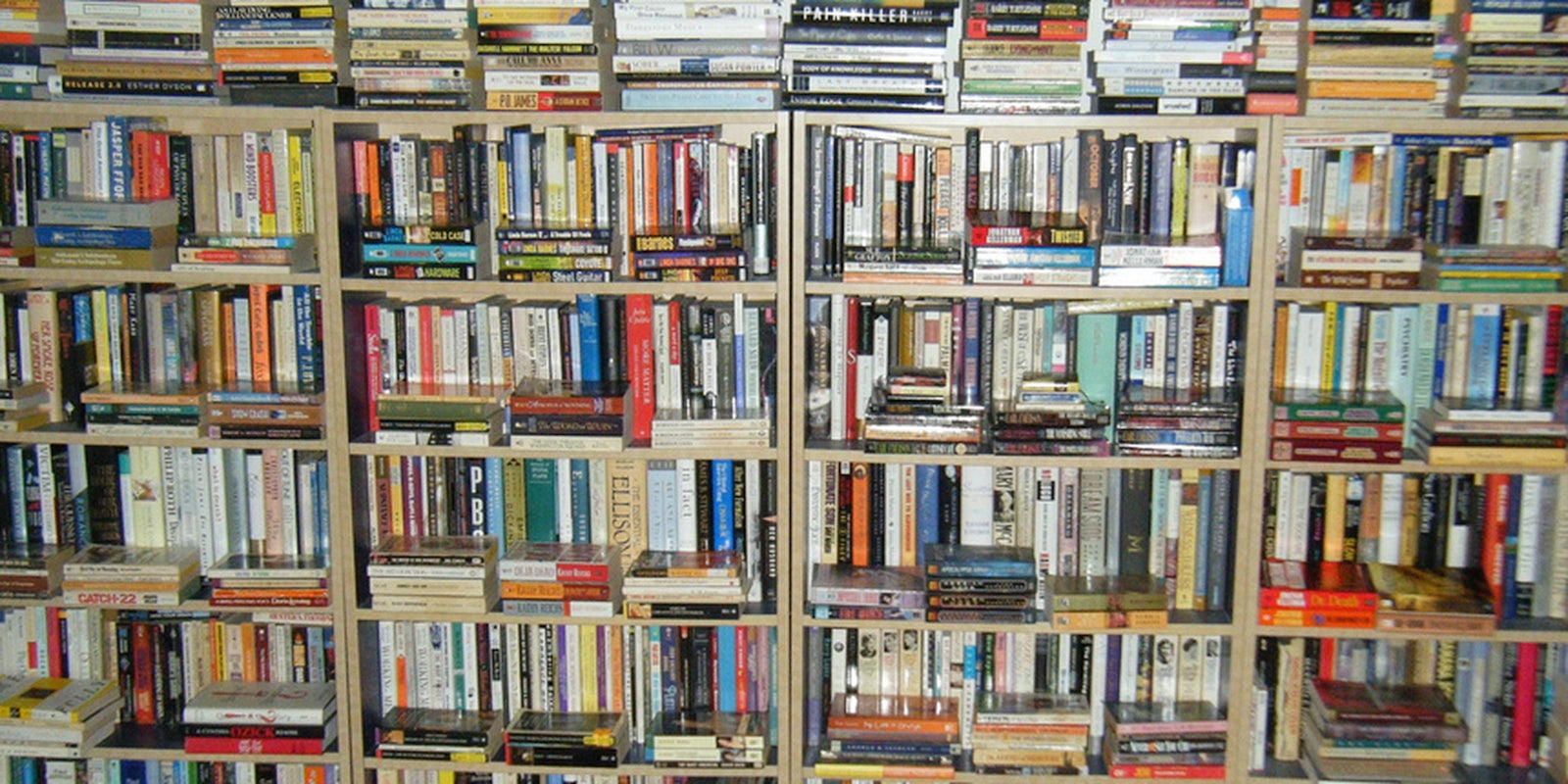Back in 2005, the Authors Guild, “the nation’s leading advocate for writers’ interests in effective copyright protection, fair contracts and free expression,” brought an infringement suit against Google for their decision to digitize some 20 million books. The organization maintained that the project represented an “unauthorized” threat to writers’ livelihoods.
Unfortunately for them, U.S. Circuit Judge Denny Chin didn’t see it that way: He issued an unequivocal ruling in Google’s favor on Thursday morning, falling squarely in the “fair use” camp, which takes the position that since Google Books “does not engage in the direct commercialization of copyrighted works,” or provide whole copies of “snippet-view” works, it’s not much different from a library—“an essential research tool,” in Chin’s own words—that expands source access, aids citation and protects older texts from wear and decay.
“Indeed,” Chin continued, “Google Books has become such an important tool for researchers and librarians that it has been integrated into the educational system—it is taught as part of the information literacy curriculum to students at all levels.” The metadata aspect is also immensely important, as users “can examine word frequencies, syntactic patterns, and thematic markers to consider how literary style has changed over time.”
That Google Books can be considered an absolute good in the world of scholarship was actually critical to the fair use defense. The four factors considered in such cases are the purpose and character of use, the nature of the copyrighted work, the amount and substantiality of the portion taken, and the effect of the use upon the potential market. The Authors Guild couldn’t argue that the works named in the suit were being used in bad faith, pirated wholesale, or even robbed of sales: Chin said the project meant expanded audiences and thus “new income” for authors.
Commentators in the legal, literary, tech, and data worlds—many authors themselves, of course—were pleased:
Constitutional aim of #copyright: To create a better culture. Yay for Judge Chin! #GoogleBooks
— David Weinberger (@dweinberger) November 14, 2013
The biggest winners today are scholars and libraries; the discussion of public benefits focus heavily on research and access.
— James Grimmelmann (@grimmelm) November 14, 2013
Judge Chin gets it right & authors sld be happy. Google Books won’t hurt you, & fair use is author’s best friend. https://t.co/t00ZdSjUpt
— Steven Levy (@StevenLevy) November 14, 2013
As @grimmelm has pointed out, this is a major blow to @AuthorsGuild. $Millions and years wasted. If I paid dues, Turow would get an earful.
— ARL Public Policy (@ARLpolicy) November 14, 2013
“Turow” would be Scott Turow, a writer of legal thrillers who has vociferously attacked Google Books as a campaign of capitalist plunder and pushed Authors Guild to continue fighting it. He hasn’t yet commented on Chin’s decision, but AG executive director Paul Aiken has:
This case presents a fundamental challenge to copyright that merits review by a higher court. Google made unauthorized digital editions of nearly all of the world’s valuable copyright-protected literature and profits from displaying those works. In our view, such mass digitization and exploitation far exceeds the bounds of fair use defense. We plan to appeal the decision.
With this move, the Authors Guild is likely throwing good money after bad; it also risks fracturing membership even further, as a Twitter user pointed out.
@ARLpolicy @grimmelm Especially since a huge number of @AuthorsGuild members have publicly opposed an appeal & are feeling alienated.
— yumtacos (@yumtacos) November 14, 2013
It’s one thing to not go gentle into that good night, but when you can’t even prove that night is coming, it’s probably time to turn the page.
Photo by Moira Russell/Flickr


